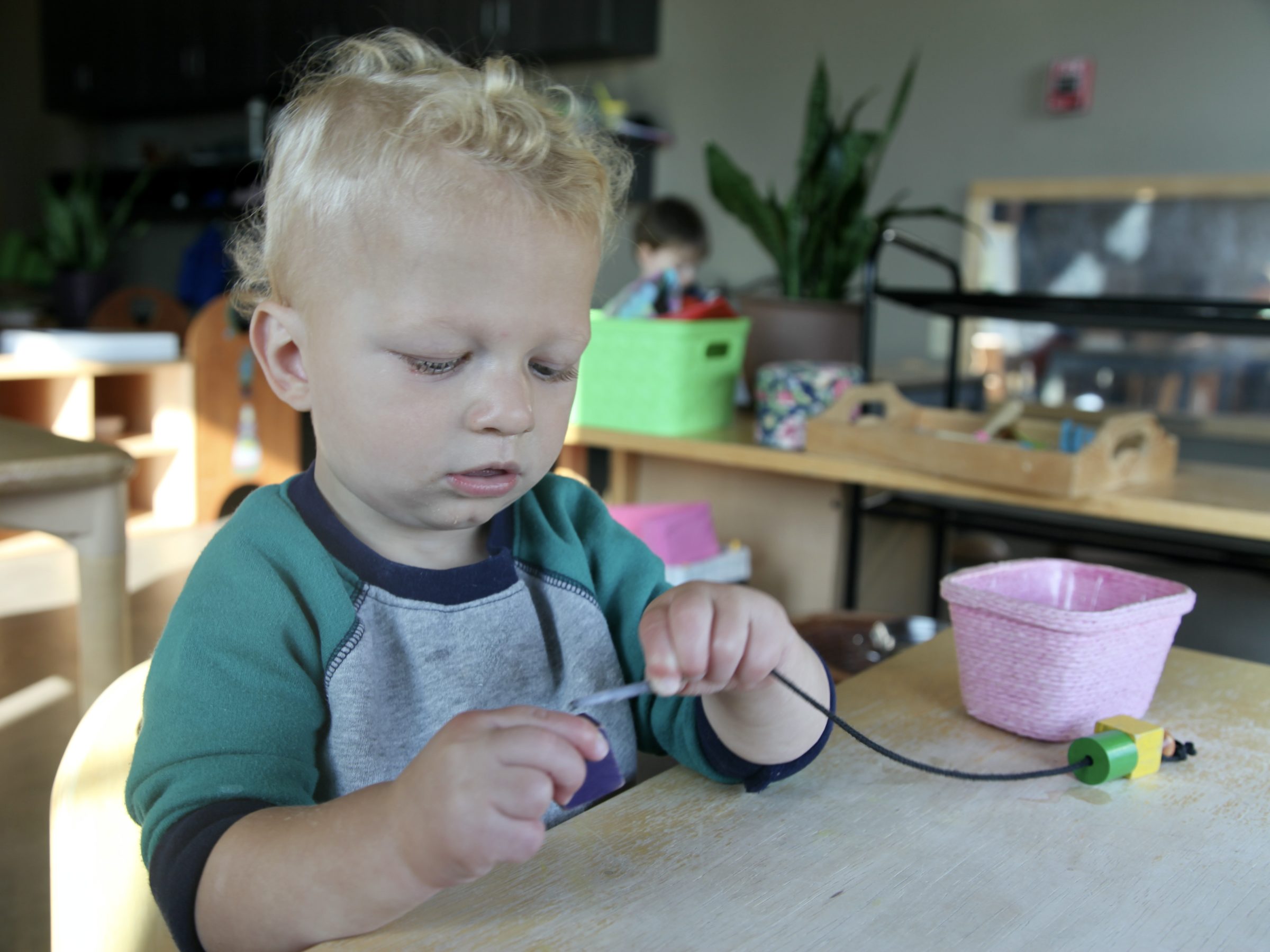The 80% Rule
Thoughts & Reflections
It’s 5:30 on a Wednesday, and you just needed a few things at the store. You pop in, grab your items, and head to the checkout. The child sitting in the cart in front of you starts squawking, fussing, wailing. The meltdown started with wanting candy, and now it’s about it’s too hot, shoes too tight, woe is me.
We have all been there. We have been the parent, we have been the onlooker, we have been the child.
What goes through your mind in those temper-tantrum moments?
If you’re the parent, it might be,
I hope no one’s looking. Please let us just get out of here. I only needed milk. We can never come back to this grocery store again. Perhaps a bad word or two.
If you’re the onlooker, maybe,
Must be rough. Long day. Can’t he control that child? Thank goodness that’s not me. Bad parenting, of course. Can I help? Poor child. Poor parent.
If you’re the child, 80% of the time, it’s
Hungry. Tired.
Think back on the last tantrum. Whether public or private, tearful or angry, loud or stormy, whatever the case may be, when was it? What time of day? What made it better?
With very little children, so much of what is upsetting is not really about the situation itself. Those are the same shoes you’ve been wearing all day, so they probably aren’t actually that tight. Why was there a request for candy? It didn’t suddenly change temperature, so why the meltdown?
Perhaps it’s the root of so many adult and child emotional struggles — hungry and tired.
Even as adults, we’ve felt the effects of hungry and tired. Snapping at your partner while you’re trying to get dinner on the table — hungry. Being irritated at your children for singing in the backseat when you’ve had a day full of meetings — tired. Even waking up late for your day without time for breakfast — that’s hungry AND tired.

As adults, we have some ability to mitigate this. We can identify these sensations more easily than a three-year-old, yet even WE have trouble working against their effects.
Imagine being three again. Suddenly everything is a disaster. Your blood sugar is plummeting, you missed your nap, and it’s time to leave the park?!?! This is absolutely catastrophic. No wonder there’s a knock-down drag-out tantrum that leaves both child and parent with spinning heads.
If we assume hungry and tired, what can we do to support a child? Can you keep a small box of raisins or applesauce or pretzels in your bag or in the car? Can you identify the signs of tiredness in your child before it’s gone too far, and leave the park before play exhaustion has set in?
If you assume hungry and tired, how can you help your child?
You know your child best. You know their signs and their rhythms. You know nothing good is happening after they wake up from a nap until they have a small snack. You know 2pm is not a good time to try and get groceries. You know if a playdate is happening at 11am, it probably should be a picnic.
You are the expert on your child, so you also know when it’s NOT hungry and tired. When those tears are hurt, or sick, or missing you. You know exactly how to comfort in those situations. One difficulty that comes with your child’s meltdown due to being hungry or tired is that you’re probably hungry and tired too. You might not be on top of your game. Not ready with your best, most patient, most logical, kind self.
“If we assume hungry and tired, what can we do to support a child?”
Next time there is a tantrum, try asking yourself, is this a result of hungry or tired? As the parent, what can you do about it? How can you help your child? If one could love a child out of a tantrum, there would be far fewer of them. Perhaps love could take the form of some crackers, or a piece of cheese.
And as the onlooker, remember those feelings of hungry and tired. After all, we’ve all been there.
Written by:
Charlotte Snyder





